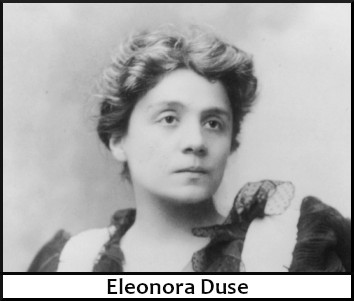Pearl Bailey? Apocryphal?
Question for Quote Investigator: Everyone experiences failures in life. Yet, each setback can be transformed into an energizing event and an episode of learning. Even the largest failures can be changed into successes. The prominent U.S. actress and singer Pearl Bailey said something like this. Would you please help me to find a citation?
Reply from Quote Investigator: In 1971 Pearl Bailey published the memoir “Talking To Myself” which included the following passage:1
Some of the biggest failures I ever had were successes. A man has to try in order to grow, and try again. The point is that it’s the trying that does it, and not necessarily achieving what he is attempting to do.
For every failure, one grows a bit. Failure inspires some people to go on, at least that’s the way it affects the greats of show business as I’ve observed them.
This remark combines two contradictory words: “failures” and “successes”. The resulting figure of speech is called an oxymoron, and it seems inconsistent from a narrow overly literal viewpoint; however, a wider perspective reveals its insightfulness.
Below are additional selected citations in chronological order.
Continue reading “Quote Origin: Some of the Biggest Failures I Ever Had Were Successes”